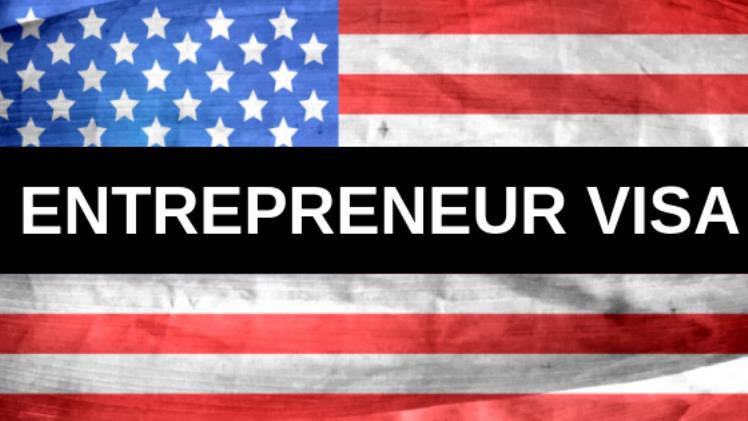If you have an overseas business and plan to establish a new office in the UK, then an English entrepreneur visa could be ideal for you. However, you should know what the requirements are and what to expect. If you want to make your dream a reality, there are a number of different ways to get a UK visa. For example, you can apply under the Start-up or Graduate entrepreneur route. Or, you can apply as the sole representative of an overseas company.
Tier 1 entrepreneur visa
If you are an aspiring entrepreneur, you can apply for a Tier 1 Spanish entrepreneur visa. However, you will need to meet several requirements, including the requirement of English language proficiency. Applicants are required to have a degree or diploma in an English-speaking country, or have taken an English-taught course equivalent to a UK bachelors or masters degree. However, applicants from some nations do not need to take an English language test.
For those who have the right qualifications, the application process is easy. First, you must have a minimum capital amount of PS3,310 (£945 if you are an Indian) to invest in your business. Then, you must submit proof of the funds that you have invested. In addition, you will need to submit a photograph of yourself and biometric data. Your visa application will be reviewed by the Home Office after considering your investment funds and your intentions for your business.
A successful Tier 1 Entrepreneur visa application requires applicants to demonstrate that they have sufficient finances to support themselves and their business. Applicants must also have created at least two full-time jobs. These jobs must be legal in the UK and meet certain minimum requirements.
Start-up visa
English entrepreneurs can get a Start-up visa to come to the United Kingdom and start their own business. In order to qualify, applicants must have an approved business plan that is endorsed by an approved body. The business plan must be relevant to new or existing market needs and must demonstrate the entrepreneur’s competitive advantage. The applicant must also have the relevant skills, knowledge, experience and market awareness. The business plan must also demonstrate the potential to create jobs and a profit.
Start-up Visa applicants can bring their family members with them. The Start-up Visa application process is usually quick and straightforward. Successful applicants will be granted a one-off, two-year visa. The start-up visa is also accompanied by the right to bring family members to the UK.
The Startup Visa is granted to applicants who have an innovative, scalable business idea. In some cases, applicants are not required to invest any money. However, they must have a viable business idea and be willing to spend most of their time developing it in the UK. The applicant must also have English language skills of at least B2.
Graduate entrepreneur route
The Graduate entrepreneur route to the English entrepreneur visa is designed for recent graduates, who have a degree or PhD from a UK-recognised university. To apply for this visa, applicants must submit a business plan and apply for an endorsement from an authorised university. Each university has a limited number of endorsements available.
After the Graduate Entrepreneur Visa has expired, there are several other options for aspiring entrepreneurs who want to set up a business in the UK. These routes may include starting a new company or buying an existing business. The requirements will vary between these options, but they all will allow a young entrepreneur to remain in the UK for multiple periods and potentially follow a path towards British citizenship.
The Graduate Entrepreneur route is available to graduates with business ideas, but there are some differences between the two visas. The Graduate Entrepreneur visa is designed specifically for recent university graduates, and is limited to 2,000 successful applicants each year. It is a good option for those who have a bright idea and want to work in the UK, but have limited financial resources. The Graduate Entrepreneur visa allows students to establish their own company, and their dependent family members may join them in the UK if they meet certain criteria.
Entrepreneur visa for sole representative of an overseas business
Entrepreneur visa for sole representative of an overseas business is a type of business visa. It is suitable for people who want to come to the UK to start a new business. The process is simple and there is no need to take the Genuine Entrepreneur Test or invest PS200,000. Applicants can settle in the UK after five years. However, they must show that their overseas business will continue to operate in their country of origin.
To qualify for the Sole Representative visa, the applicant must hold a position of seniority in the overseas company, and must make key operational decisions for the company. They should also have sufficient experience in the field of business to be able to handle this type of visa application. They should also be a shareholder, but cannot own more than 50% of the company’s shares. If they are a majority shareholder, they may still qualify for the visa if they reduce their stake in the company prior to applying. However, it is important to note that the Home Office will look at the share distribution of the company in the current year and the previous year.
Conclusion
Entrepreneur visa for sole representative of an overseas business requires a minimum of three months of planning. The application should be made before 10 February each year. It is also vital that the applicant is employed by the same parent company and runs a UK branch of the overseas business. The British company must also provide the same goods and services as the overseas business. The UK company’s parent company must be located outside the United Kingdom.

